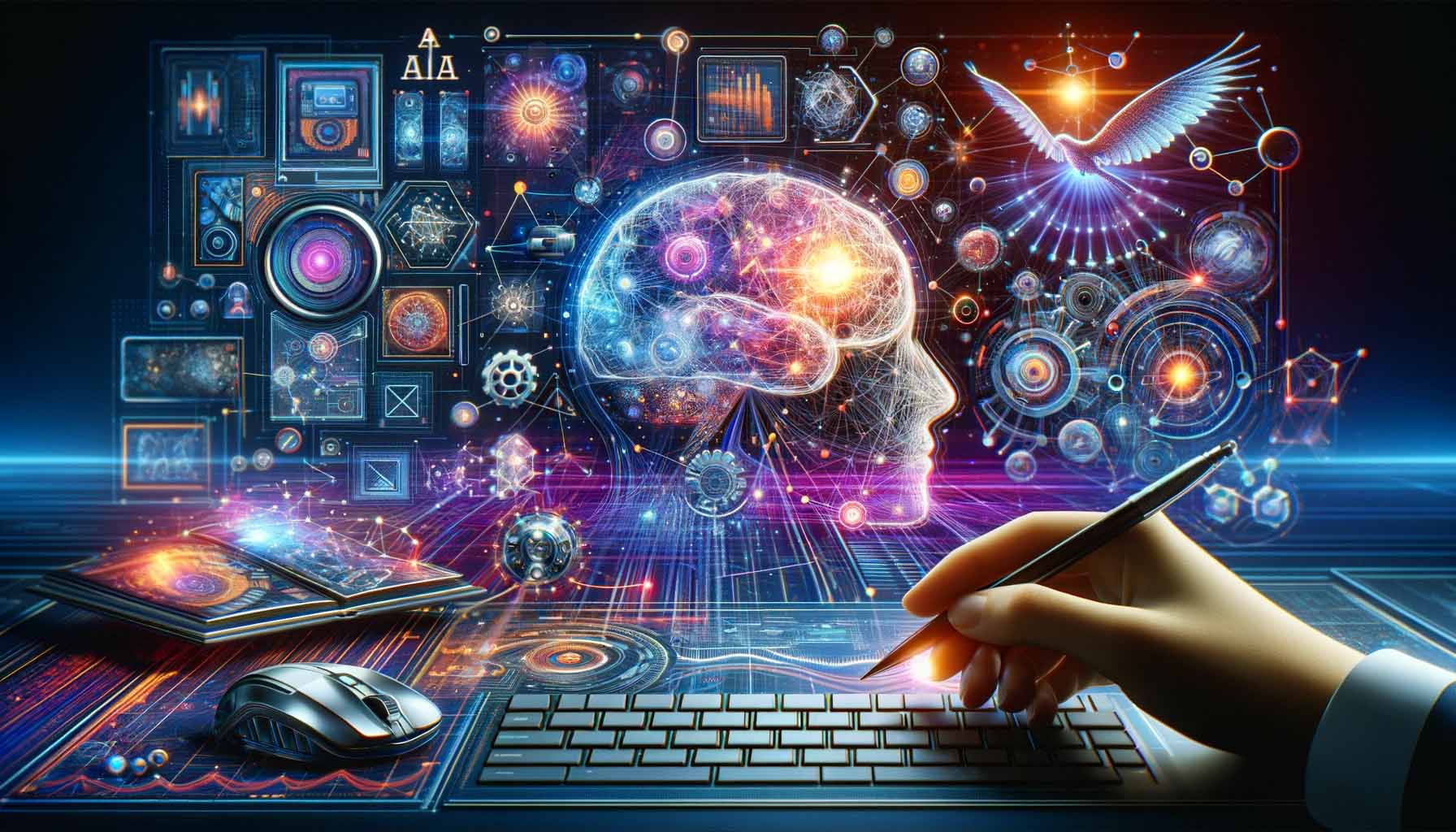


In today's rapidly evolving digital landscape, the power of vision is being redefined by Artificial Intelligence. AI Image Recognition, a cutting-edge technology at the forefront of this revolution, is transforming how we interact with the world around us. This technology isn't just a futuristic concept; it's a reality that's enhancing efficiency, accuracy, and decision-making in various industries.
AI Image Recognition technology is revolutionizing numerous sectors. In retail, it's enabling smarter inventory management and enhancing customer experiences through virtual try-on solutions. In healthcare, it's aiding in the early detection of diseases by analyzing medical images with precision that rivals human experts. The technology is also pivotal in automotive industries, powering autonomous vehicles to perceive and navigate the world safely.
The amount of visual data generated today is staggering. AI Image Recognition helps businesses unlock the potential of this data. By automating the processing and analysis of images and videos, it's not only saving time but also uncovering insights that were previously inaccessible. From recognizing consumer trends through social media images to monitoring urban areas for smart city initiatives, the possibilities are endless.
Security is another domain where AI Image Recognition is making significant strides. By analyzing surveillance footage in real-time, it can instantly identify suspicious activities, unauthorized access, and even help in crowd management. This proactive approach to security is making public spaces, airports, and other critical infrastructures safer than ever before.
In marketing, AI Image Recognition is a game-changer. It's enabling brands to analyze consumer behavior through image data, tailor their marketing strategies, and create personalized experiences. Imagine, an AI system analyzing social media photos to understand prevailing fashion trends, helping brands to strategize their next big campaign.
While AI Image Recognition promises numerous benefits, it also comes with its set of challenges. Data privacy and ethical use of AI are concerns that businesses must address. Ensuring that image recognition technologies are used responsibly and ethically is paramount to maintaining consumer trust and complying with regulatory standards.
What makes AI Image Recognition truly remarkable is its ability to learn and improve over time. Powered by Machine Learning algorithms, these systems become more accurate and efficient with each image they process. The continuous evolution of AI algorithms ensures that the technology stays relevant and effective.
As we look to the future, AI Image Recognition is set to become more integrated into our daily lives. From augmented reality experiences to advanced robotics, its applications will continue to grow and evolve. The key to leveraging this technology lies in understanding its potential and responsibly implementing it to solve real-world problems.
In conclusion, AI Image Recognition is not just another technological trend; it's a transformative tool reshaping industries, enhancing security, and redefining marketing. As businesses and society navigate this AI-driven world, embracing and innovating with AI Image Recognition will be critical to unlocking new possibilities and achieving unprecedented success.